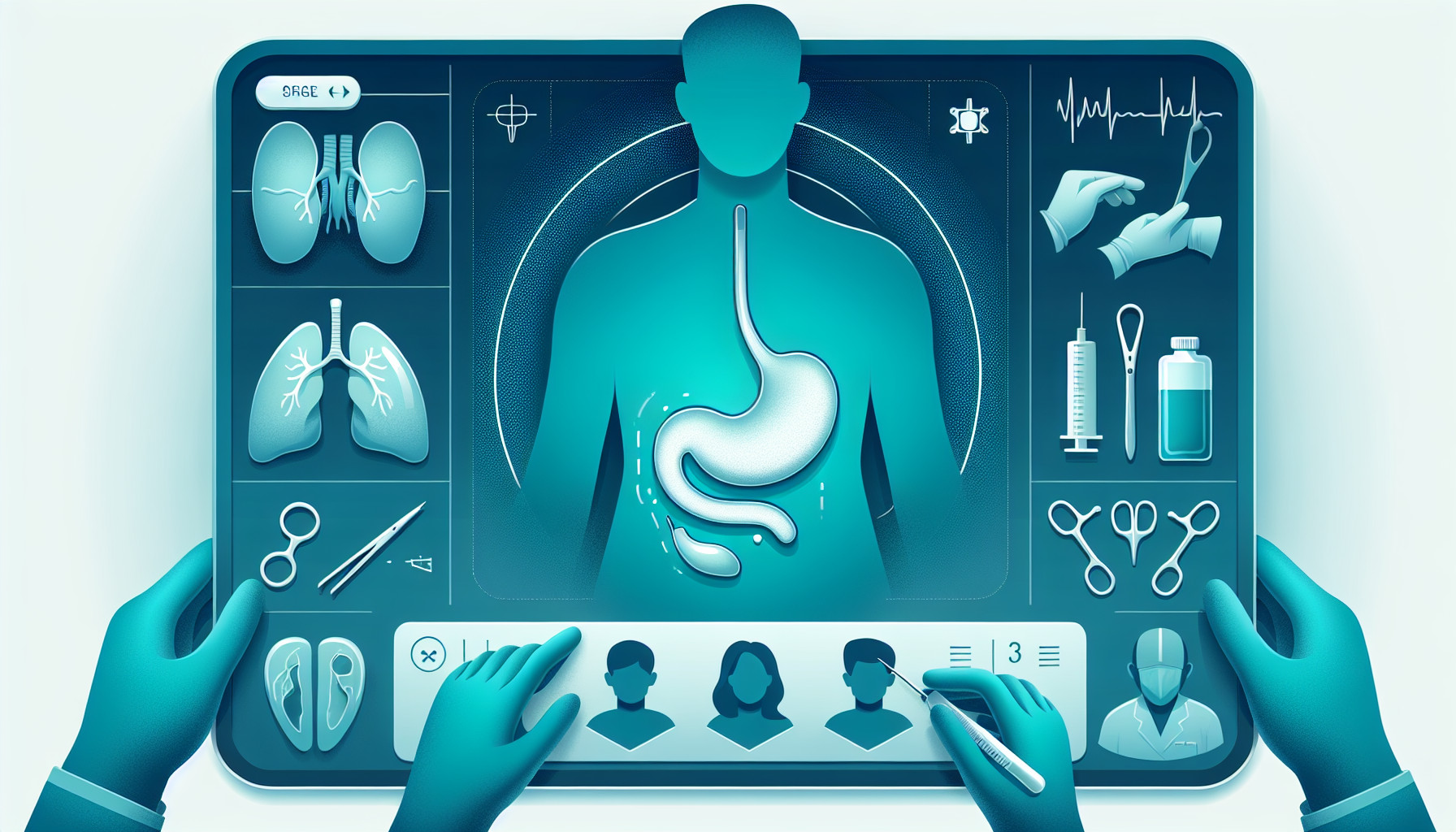Our Summary
This research paper looks at the role of gallbladder removal, or cholecystectomy, in reducing the chances of recurring pancreatitis, specifically idiopathic acute pancreatitis (IAP) - a type of pancreatitis where the cause is unknown.
The authors conducted a systematic review of various studies, using specific databases, and analyzed data from patients who had undergone gallbladder removal due to IAP. They excluded studies conducted before 1980 and those involving chronic pancreatitis.
Out of the 524 patients across the selected studies, 126 had their gallbladders removed. 29.4% of the total patient population experienced a recurrence of the disease. However, the recurrence rate was significantly lower in those who had their gallbladder removed (11.1%) compared to those who didn’t (35.2%). This trend was observed even in patients who had undergone more extensive diagnostic testing.
Based on these findings, the authors conclude that removing the gallbladder after an episode of IAP can reduce the risk of the pancreatitis coming back. They also suggest that current diagnostic methods may not be sufficient to rule out gallbladder disease as a cause of IAP.
FAQs
- What is the purpose of this research paper on cholecystectomy?
- What was the observed difference in recurrence rates of pancreatitis between patients who had gallbladder removal surgery and those who did not?
- What do the authors suggest about current diagnostic methods for idiopathic acute pancreatitis (IAP)?
Doctor’s Tip
A doctor may tell a patient undergoing cholecystectomy that while it is a relatively common and safe procedure, it is important to follow post-operative instructions carefully to prevent complications. This may include avoiding heavy lifting, sticking to a low-fat diet, staying hydrated, and taking prescribed medications as directed. Additionally, the doctor may advise the patient to gradually increase physical activity and listen to their body’s signals for any signs of discomfort or infection. Regular follow-up appointments will also be necessary to monitor recovery progress and address any concerns.
Suitable For
Overall, patients who are typically recommended cholecystectomy are those who have had an episode of idiopathic acute pancreatitis and are at risk for recurrence. These patients may benefit from gallbladder removal to reduce the likelihood of future episodes of pancreatitis. It is important for healthcare providers to consider this option for patients with idiopathic acute pancreatitis to improve their overall prognosis and quality of life.
Timeline
Before cholecystectomy:
- Patient experiences symptoms of idiopathic acute pancreatitis (IAP), such as severe abdominal pain, nausea, vomiting, and fever.
- Patient undergoes diagnostic tests, such as blood tests, imaging studies (ultrasound, CT scan, MRI), and possibly endoscopic procedures to determine the cause of pancreatitis.
- If gallbladder disease is suspected as the cause of IAP, patient may be recommended to undergo cholecystectomy.
After cholecystectomy:
- Patient undergoes surgery to remove the gallbladder, either laparoscopically or through open surgery.
- Recovery period following surgery, which may involve pain management, dietary changes, and gradually returning to normal activities.
- Follow-up appointments with healthcare provider to monitor recovery and discuss any ongoing symptoms.
- Reduction in the risk of recurring pancreatitis, as observed in studies showing lower recurrence rates in patients who had their gallbladders removed.
What to Ask Your Doctor
Is cholecystectomy recommended for me if I have had an episode of idiopathic acute pancreatitis (IAP)?
What are the risks and benefits of undergoing cholecystectomy for IAP?
How will removing my gallbladder affect my digestive system and overall health?
Are there any alternative treatments or management strategies for preventing recurrent pancreatitis?
How soon after an episode of IAP should cholecystectomy be considered?
What diagnostic tests will be done to determine if my pancreatitis is related to gallbladder disease?
What is the success rate of cholecystectomy in preventing the recurrence of IAP?
Are there any long-term complications or side effects associated with gallbladder removal?
Will I need to make any lifestyle changes or dietary modifications after cholecystectomy?
How long is the recovery process after undergoing cholecystectomy for IAP?
Reference
Authors: Umans DS, Hallensleben ND, Verdonk RC, Bouwense SAW, Fockens P, van Santvoort HC, Voermans RP, Besselink MG, Bruno MJ, van Hooft JE; Dutch Pancreatitis Study Group. Journal: Br J Surg. 2020 Feb;107(3):191-199. doi: 10.1002/bjs.11429. Epub 2019 Dec 25. PMID: 31875953
